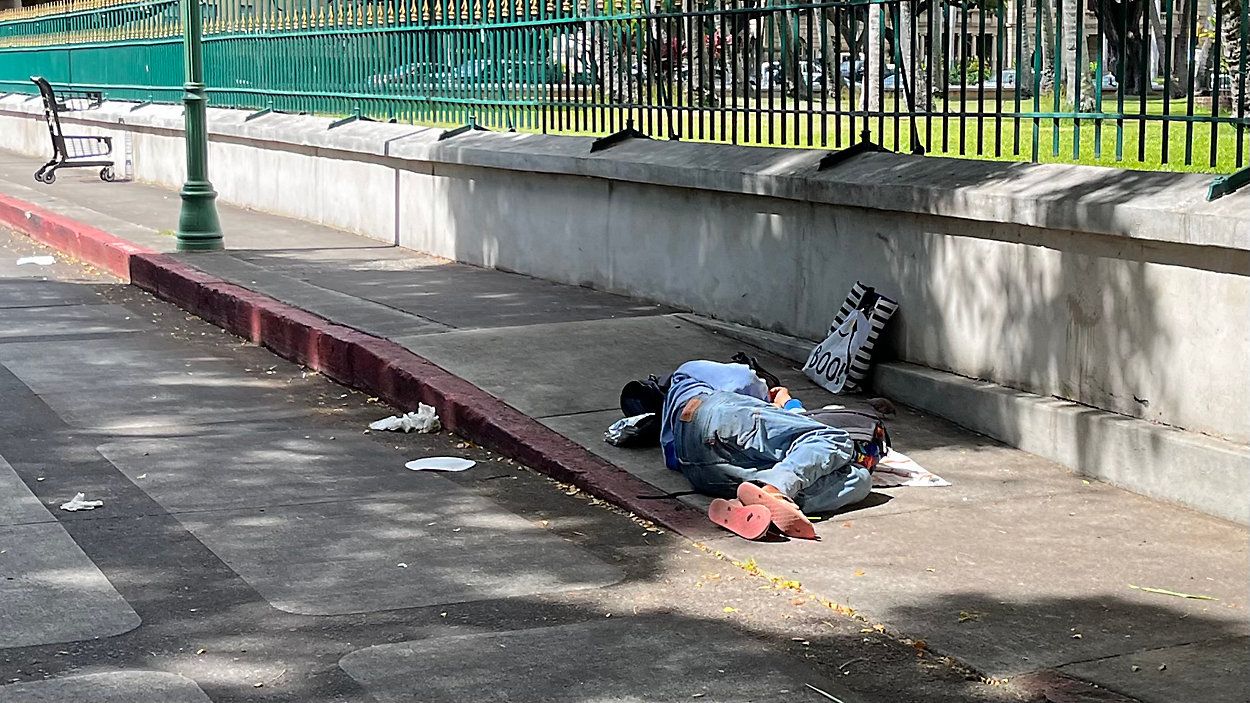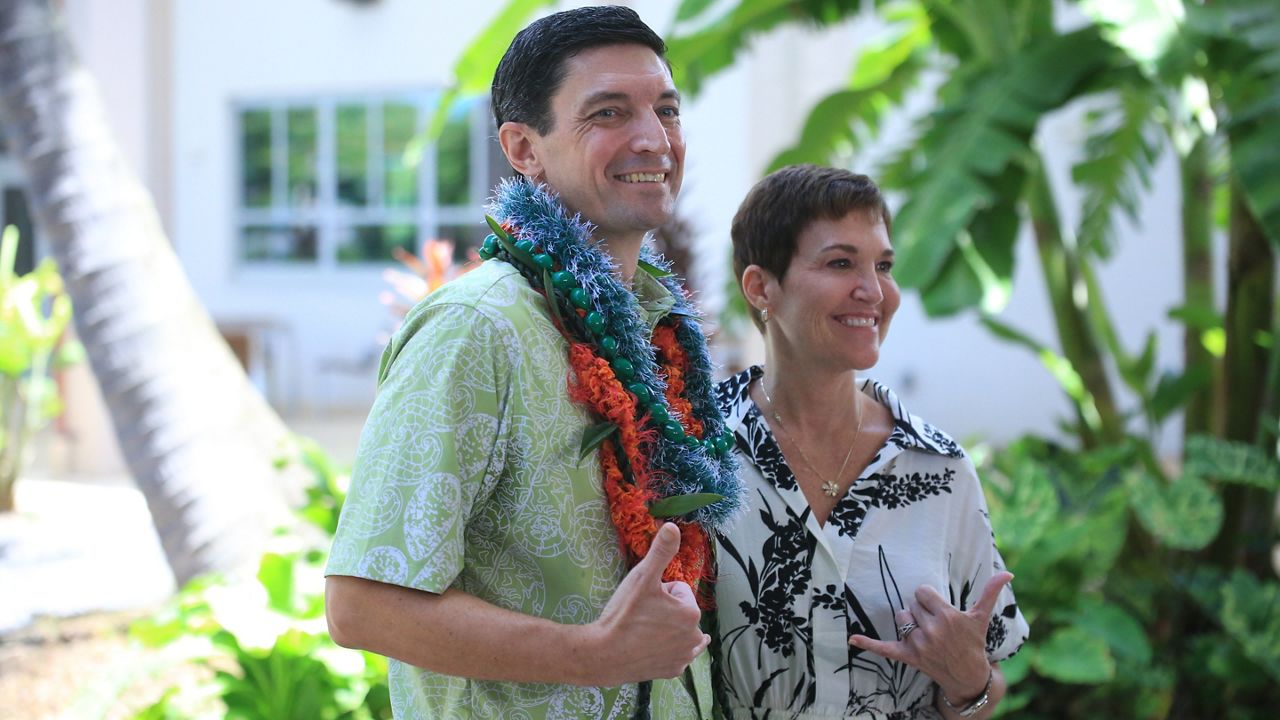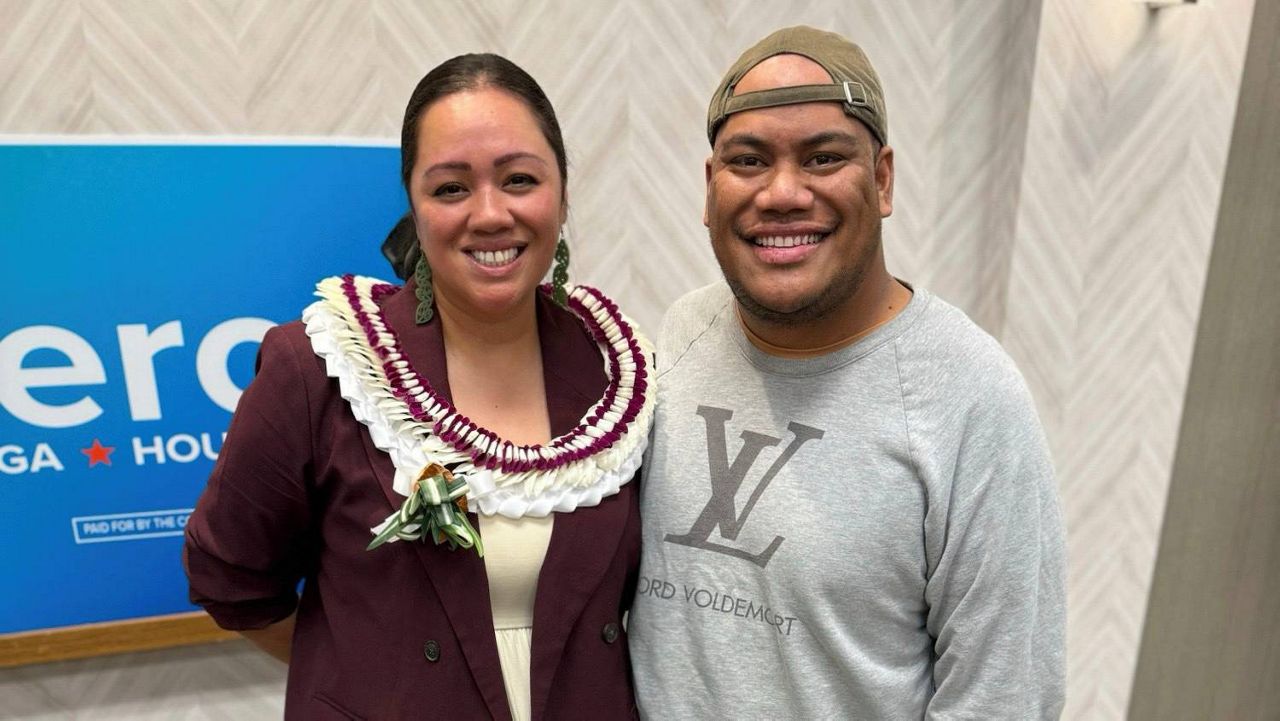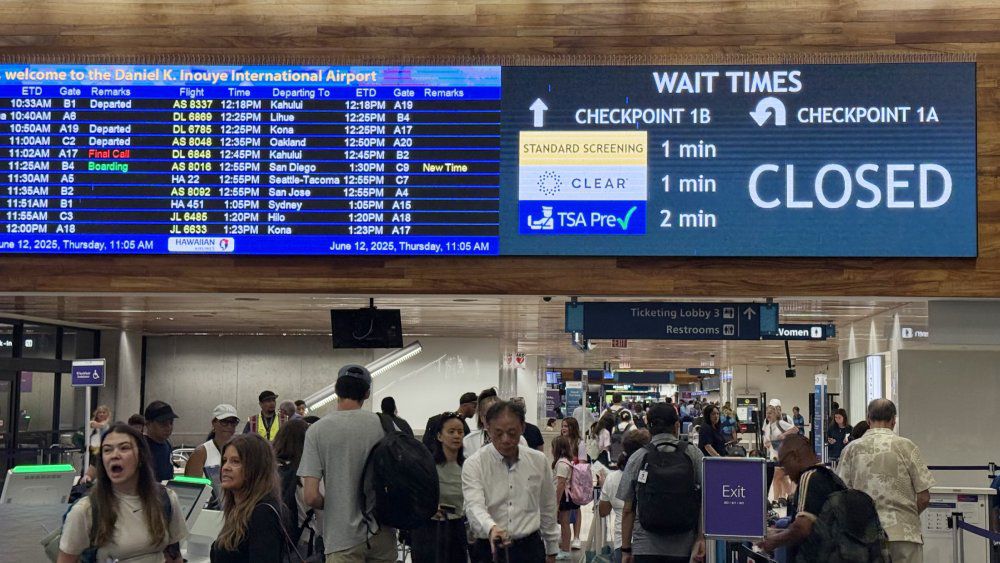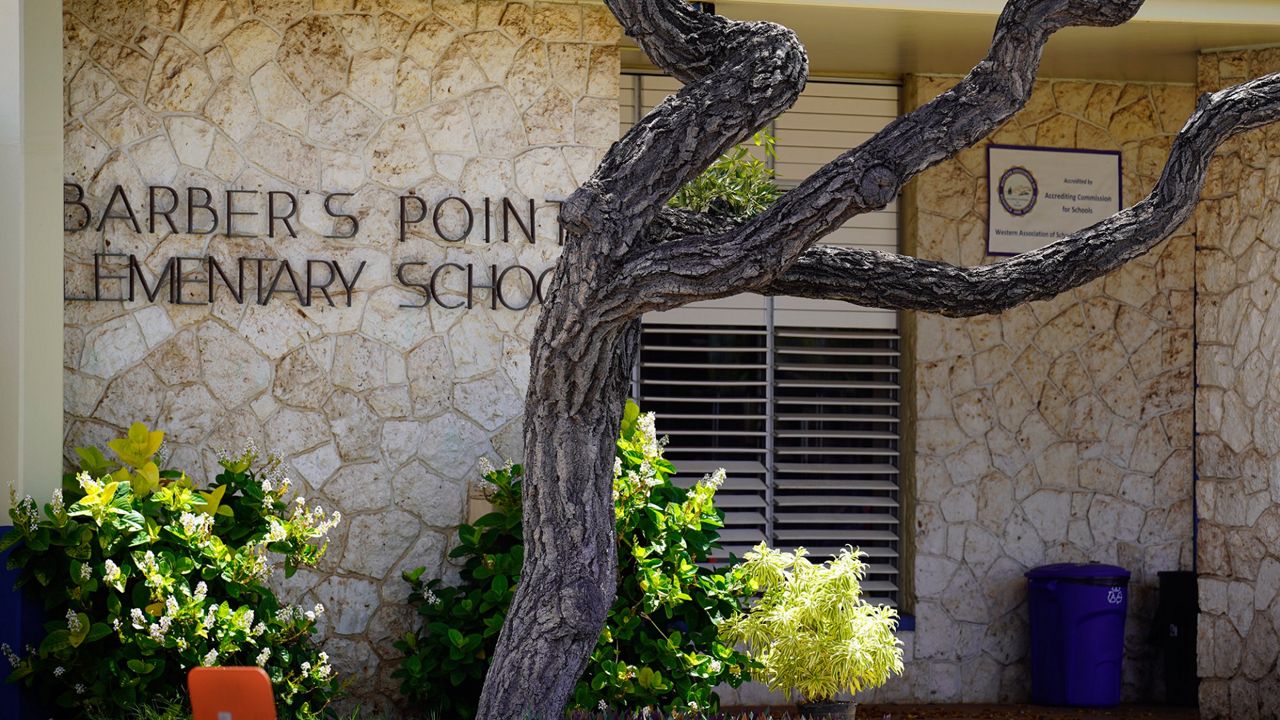People seeking to access treatment for those with serious mental illness or substance abuse issues that render the person a danger to themselves or others have a new resource via the state Department of the Attorney General.
The department launched a webpage this week that provides help with filing assisted community treatment petitions in family court.
“Assisted community treatment is a holistic legal framework intended to support individuals with severe mental health and substance abuse issues in breaking free from detrimental cyclical patterns in which they episodically become dangerous to themselves or others,” said special assistant to the attorney general Dave Day. “The Department of the Attorney General looks forward to working with practitioners and the people of Hawaii who seek to help their patients and loved ones through ACT.”
The ACT law was enacted in 2013 to provide support for those with mental illness or drug addiction who have demonstrated that without ACT support are likely to become unsafe in the community and who may have difficulty participating in treatment.
Treatment is based on a family court-ordered treatment plan issued after a petition is filed. Petitions may be filed by a concerned parent, grandparent, spouse, sibling, adult child, reciprocal beneficiary, service provider, case manager, outreach worker or mental health professional.
This year, a new law was enacted directing DAG to assist with the preparation and filing of ACT petitions and the presentation of the case, if desired by the petitioners, at any related court proceeding.
The new webpage includes forms and instructions that help with the process, including legal definitions, forms and ways of submitting the necessary information to the department.
“ACT can improve a sense of personal engagement in treatment, support recovery in the community, and help people who are caught in a revolving cycle of hospitalization, incarceration and homelessness,” said Michael Champion, the governor’s senior adviser for mental health and the justice system. “The Department of the Attorney General’s assistance with the ACT petitioning process and court proceedings is an important step in lowering barriers and improving access to needed care.”
Marian Tsuji, deputy director of behavior health, said there have been several successful ACT cases in Hawaii involving people suffering from severe mental illness.
“Having an involved treatment team is critical to the success of each of these cases,” Tsuji said. “The Department of Health is working to expand use of the law across the state.”
Deputy attorney general Ian Tsuda, one of the state’s leading ACT practitioners, noted that ACT orders give individuals who do not realize the severity of their own illness, as well as the risk that treatment noncompliance may pose to themselves or others, the opportunity to be treated in the least restrictive setting by providers committed to their care.
The webpage can be found on the Department of the Attorney General’s website at ag.hawaii.gov/act_petition_info. The webpage can also be accessed from the Department’s webpage in the “Division Links” column or the “Quick Links” pull-down menu.
Michael Tsai covers local and state politics for Spectrum News Hawaii. He can be reached at michael.tsai@charter.com.




